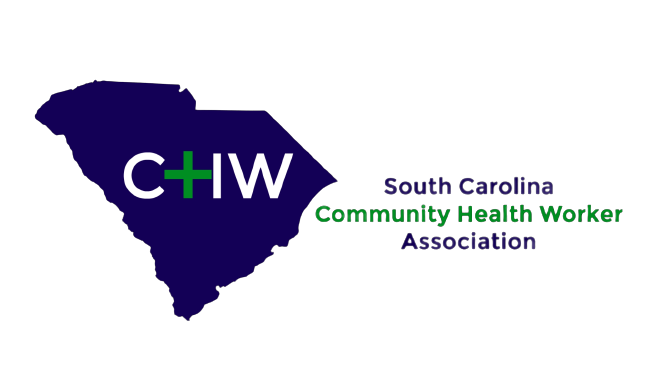Community health workers champion genetic literacy for minorities
Community health workers champion genetic literacy for minorities
Changes to DNA, known as mutations, can increase the likelihood of developing cancer. Specifically, people with mutations in their BRCA 1 and 2 genes are substantially more likely to develop hereditary breast and ovarian cancers. But how do people know if they have these mutations?
Genetic testing.
Genetic testing allows doctors to see these microscopic changes. Knowing these mutations exist, doctors will check for signs of breast and ovarian cancers more often.
Yet minorities, especially Black women, are less likely to participate in genetic testing. Even fewer engage in follow-up services, such as recommended interventions, which reduce risk.
To change that, a team of researchers at the Medical University of South Carolina led by Caitlin G. Allen, Ph.D., plans to teach community health workers (CHWs), who often reside in the communities they serve, how to share the importance of genetic screening with their peers. Allen is an assistant professor in the Department of Public Health Sciences at MUSC.
"Community health workers act as a bridge between the community and researchers and clinicians and can help to answer questions, provide support services and address a lot of social determinants of health issues," said Allen, who has spent more than a decade working alongside and providing support for CHWs.
To read the rest of this article Click Here
To see news article related to this article Click Here
